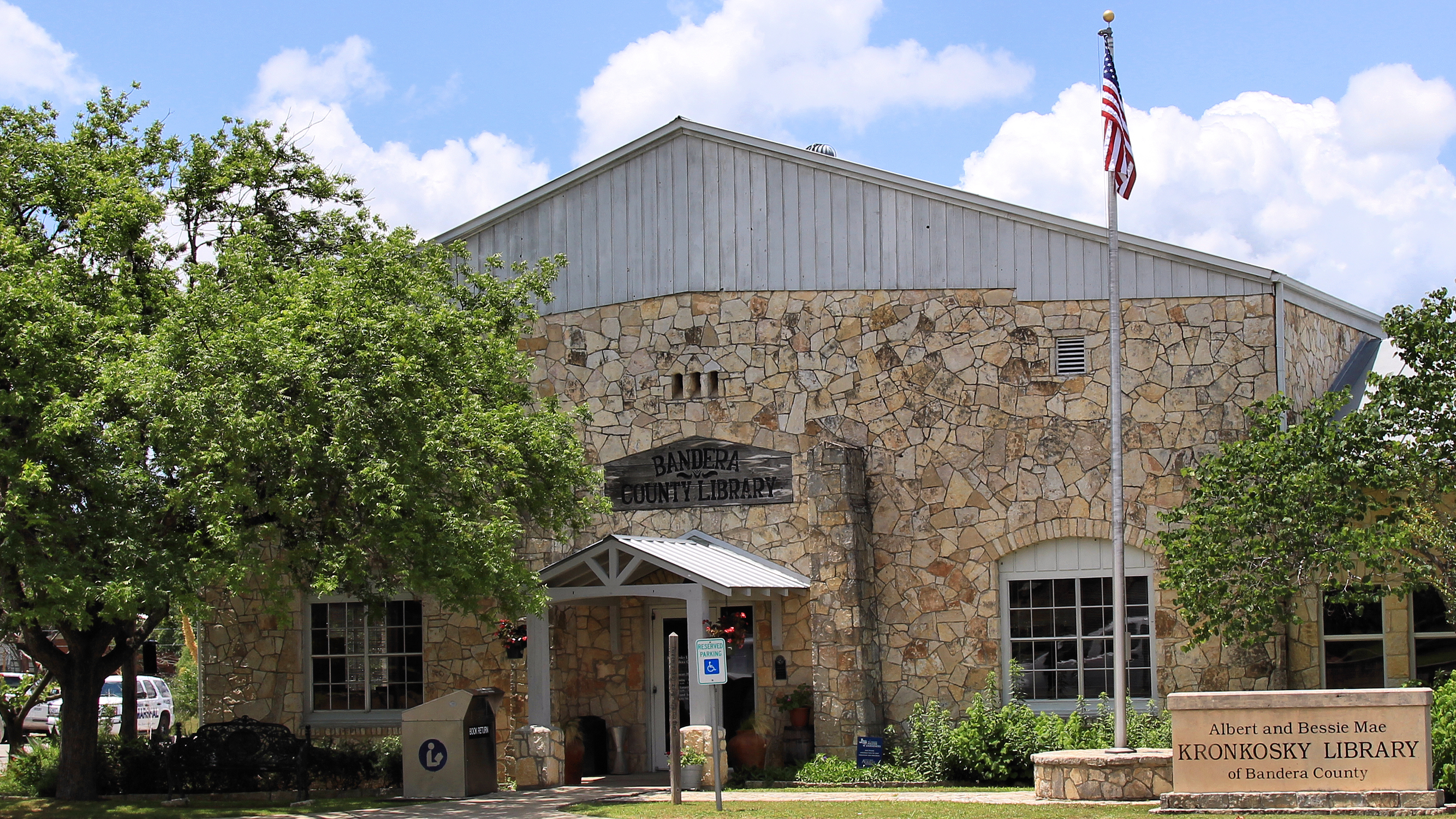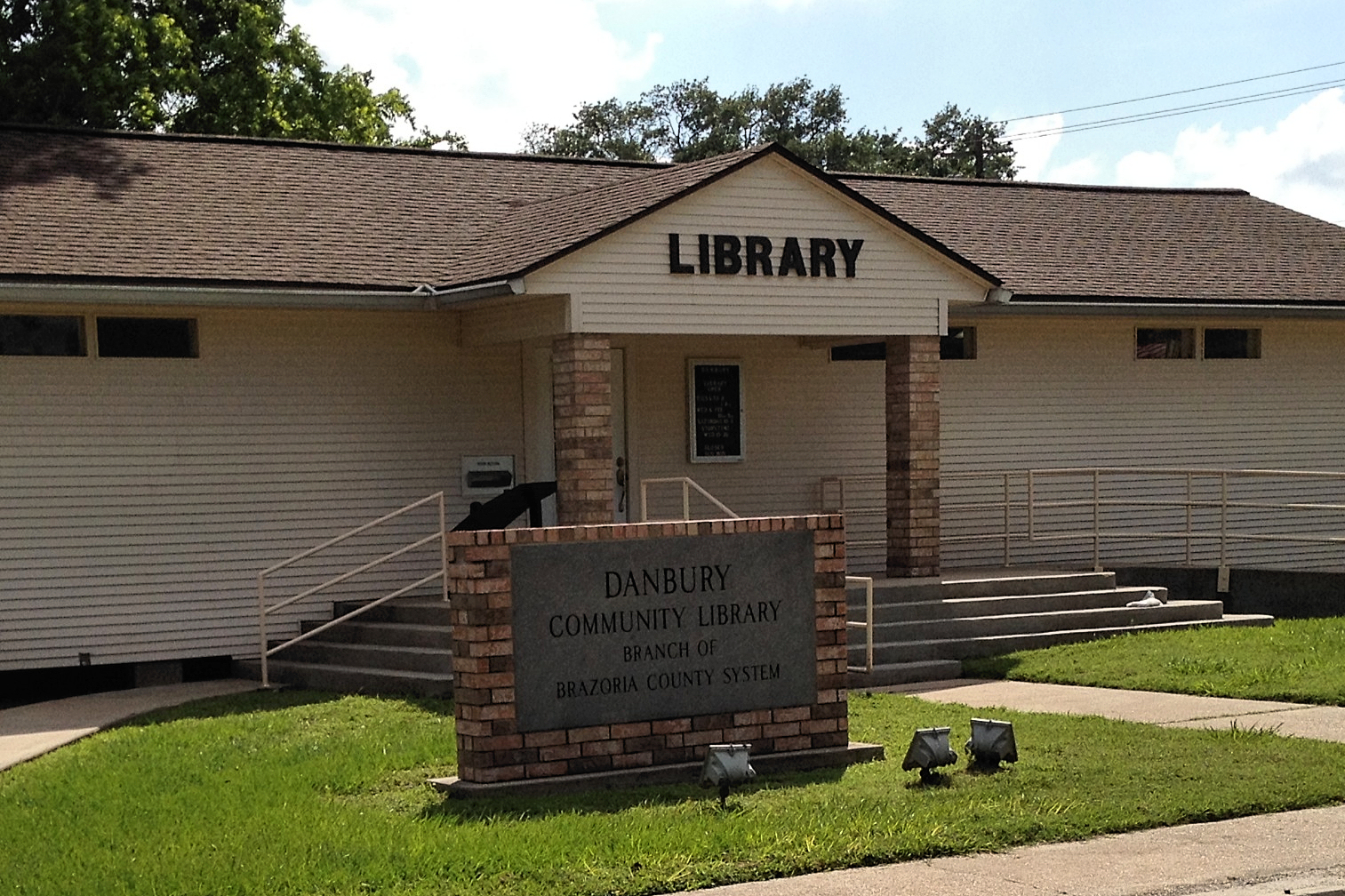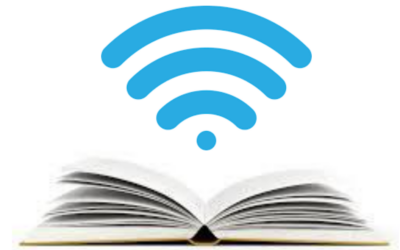Hotspot Access in Texas Rural Libraries
Take the Internet Home- Atlanta Public Library
- Bandera Public Library
- Camp Wood Public Library
- Danbury Community Public Library
- Peñitas Public Library
- Port Isabel Public Library
“These hotspots should assist the local populations with Internet access in many ways. Our work in other rural regions shows that hotspots allow people otherwise “unconnected” to complete GED programs, to help their kids do homework, and to use Internet resources at their homes. The convenience and affordability factors are important.”
Here are slides prepared for the Texas Library Association 2020 Conference.
What’s New
Research on the Texas Hotspot Program
TIPI has been working on two projects in Texas communities. The first grows out of several studies examining how libraries use mobile hotspots in both urban and rural areas. Most recently we worked with the Tocker Foundation to supply hotspots and tech support to six...
Library Hotspot Lending: Report to the Tocker Foundation
Based on our work with libraries in in other parts of the country (see: NYPL Hotspot Assessment and IMLS Rural Hotspots), we wanted to partner with Texas libraries in to pilot hotspot programs. We believe libraries, as anchor institutions, have an outsize role to play...
Our Libraries
Press Release: Hotspot Access in Texas Rural Libraries
Take the Internet Home Austin, TX June 29, 2018 │ The Technology and Information Policy Institute (TIPI) at the University of Texas at Austin has received a grant from the Tocker Foundation to implement hotspot lending programs at rural libraries throughout the state...
Hotspot Access in Texas Rural Libraries Proposal
Read the original proposal.
“How to Hotspot” Guide for Libraries
Implementing a Mobile Hotspot Lending Program at your library offers up a world of possibilities for your patrons. Enabling patrons to take the Internet home offers a number of unique benefits, such as bridging the digital divide and lessening the homework gap for...






